Beef up your knowledge over the summer and/or just get some extra D&D goodness with this line-up of webinars coming up. We encourage you to check out these events from NCDD member organizations MetroQuest, National Issues Forums Institute (NIFI), Living Room Conversations, and National Civic League, as well as, from the International Association of Facilitators (IAF)
NCDD’s online D&D event roundup is a weekly compilation of the upcoming events happening in the digital world related to dialogue, deliberation, civic tech, engagement work, and more! Do you have a webinar or other digital event coming up that you’d like to share with the NCDD network? Please let us know in the comments section below or by emailing me at keiva[at]ncdd[dot]org, because we’d love to add it to the list!
Upcoming Online D&D Events: MetroQuest, NIFI, Living Room Conversations, National Civic League, and IAF
MetroQuest webinar – Beyond Fear:
Public Views on Emerging Transportation Technologies
 Wednesday, July 17th
Wednesday, July 17th
11 am Pacific | 12 pm Mountain | 1 pm Central | 2 pm Eastern (1 hour)
Educational Credit Available (APA AICP CM)
Complimentary (FREE)
Technologies are transforming the future of transportation, but are your residents ready for innovations like self-driving vehicles? It’s time to go beyond the hype and fears by uncovering true public priorities. Join NCDOT on July 17th as its forward-thinking team reveals what 10,000+ residents in North Carolina want for the future of their transportation system.
Jamille, Nastasha, and Colin will share the input they captured online. Should tax credits or infrastructure be prioritized to support an electric vehicle boom and achieve zero emissions? Are citizens more concerned with tech failures causing accidents or ensuring equitable access to mobililty innovations? Effective public engagement was critical to getting answers.
REGISTER: http://go.metroquest.com/NCDOT-Beyond-Fear-Public-Views-on-Emerging-Transportation-Technologies.html
July CGA Forum Series: Shaping Our Future
 Wednesday, July 17th
Wednesday, July 17th
5 pm Pacific, 8 pm Eastern
Please join us for a Common Ground for Action (CGA) online deliberative forum on Wednesday July 17th @ 8pm ET/5p PT on ” Shaping Our Future: How Should Higher Education Help Us Create the Society We Want?” If you haven’t had a chance to review the issue guide, you can find a downloadable PDF copy at the NIF website: https://www.nifi.org/en/issue-guide/shaping-our-future
REGISTER: www.nifi.org/en/events/july-cga-forum-series-shaping-our-future
Online Living Room Conversation: Relationships First – 90-Minute Conversation w/ Optional 30-Minute Q & A with Hosts!

Thursday, July 18th
4 pm Pacific, 7 pm Eastern
How we treat each other is the difference between a great place to live and a bad place to live. We shape our world through relationships. Most people agree we want communities where all people have dignity and respect. Yet respectful interactions are often not what we see modeled in the media and in politics. And far too many people feel disrespected in their lives. What is our role in these dynamics? Here is the conversation guide.
SPECIAL Online Living Room Conversation: Race and Ethnicity Conversation Series

Tuesday, July 23rd
10 am Pacific, 1 pm Eastern
Please join us for a 3-conversation series on Race & Ethnicity taking place over the course of three weeks (July 16, 23, & 30, 2:00 – 3:30pm ET / 11:00 am – 12:30 pm PT). Check out this four-minute video from a previous Race & Ethnicity Conversation Series to get a taste of this conversation! In this series of three in-depth conversations, participants explore the complexities of the concepts of Race, Ethnicity, and their impacts on people from all walks of life. We will cover new questions from the three Race & Ethnicity conversation guides found here.
International Association of Facilitators webinar – Becoming a Client Magnet
 Wednesday, June 24th
Wednesday, June 24th
6:30 am Pacific, 9:30 am Eastern
In this webinar, we will explore and expand the following topics: Who are you as a facilitator? Your style makes a difference! Contracting with the client – how to build rapport and high level of trust. Engagement and interaction – your ways of communicating. Assertiveness and its place in the contracting phase. The most important stuff to agree upon. How to follow-up outcomes and deliverables. The returning client – A long-term collaborative process
REGISTER: www.iaf-world.org/site/events/becoming-client-magnet-webinar-malin-cpf
International Association of Facilitators webinar – Becoming a CPF with the IAF
 Thursday, July 25th
Thursday, July 25th
2 am Pacific, 5 am Eastern
Making the decision to seek the IAF Certified Professional Facilitator (CPF) accreditation can be hard. Common questions people ask are What’s involved? How much time will it take? Will I meet the requirements? and What if I don’t pass? In response to strong interest from members, we will be exploring these questions at a webinar with hosts that have years of experience as professional facilitators and as IAF Assessors.
Professional Facilitator (CPF) accreditation can be hard. Common questions people ask are What’s involved? How much time will it take? Will I meet the requirements? and What if I don’t pass? In response to strong interest from members, we will be exploring these questions at a webinar with hosts that have years of experience as professional facilitators and as IAF Assessors.
REGISTER: www.iaf-world.org/site/events/webinar-becoming-cpf-iaf-10
National Civic League AAC Promising Practices Webinar – Youth Engagement, Embracing the Power of Youth Voice
![]() Thursday, July 25th
Thursday, July 25th
9 am Pacific, 12 pm Eastern
Join the National Civic League to learn how local communities can harness the energy and ideas of young people from this year’s John Parr Youth Leadership Award winners and a representative from the Mikva Challenge.
REGISTER: www.nationalcivicleague.org/resource-center/promising-practices/
Online Living Room Conversation: The Future of Work – 90-Minute Conversation w/ Optional 30-Minute Q & A with Hosts!

Thursday, July 25th
4 pm Pacific, 7 pm Eastern
For huge numbers of people, jobs provide income and a sense of purpose. We are fast approaching a time when artificial intelligence and robots will be trusted do a better job than humans at everything from driving to diagnosing medical conditions and more. But our economy is structured to thrive with a robust engaged workforce. What happens when the nature and number of jobs change substantially? Do we have more leisure time to enjoy our families, contribute to our community and deepen our creative and spiritual practices? Do we find a way to share the benefits of these technological advances or does homelessness and poverty grow? If we think together now can we create a future we all want to embrace? Here is the conversation guide.
July CGA Forum Series: A Nation in Debt: How Can We Pay the Bills?
 Monday, July 29th
Monday, July 29th
3 pm Pacific, 6 pm Eastern
Please join us for a Common Ground for Action (CGA) online deliberative forum on Monday July 29th @ 6:00pm ET/3:00pm PT on A Nation in Debt: How Can We Pay the Bills? If you haven’t had a chance to review the issue guide, you can find a downloadable PDF copy at the NIF website: https://www.nifi.org/en/issue-guide/nation-debt
REGISTER: www.nifi.org/en/events/july-cga-forum-series-nation-debt-how-can-we-pay-bills

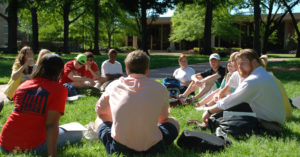
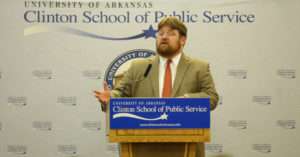
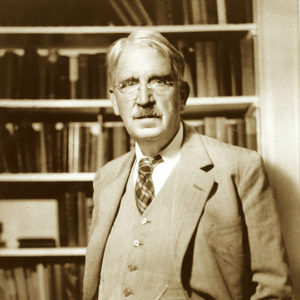

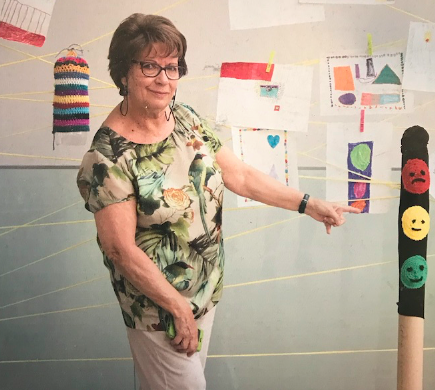
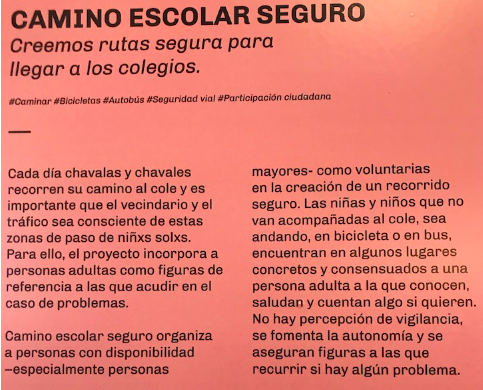
 Raleigh, NC – Essential Partners (EP) has been awarded a two-year, $25,000 grant from the
Raleigh, NC – Essential Partners (EP) has been awarded a two-year, $25,000 grant from the 
 Wednesday, June 10th
Wednesday, June 10th